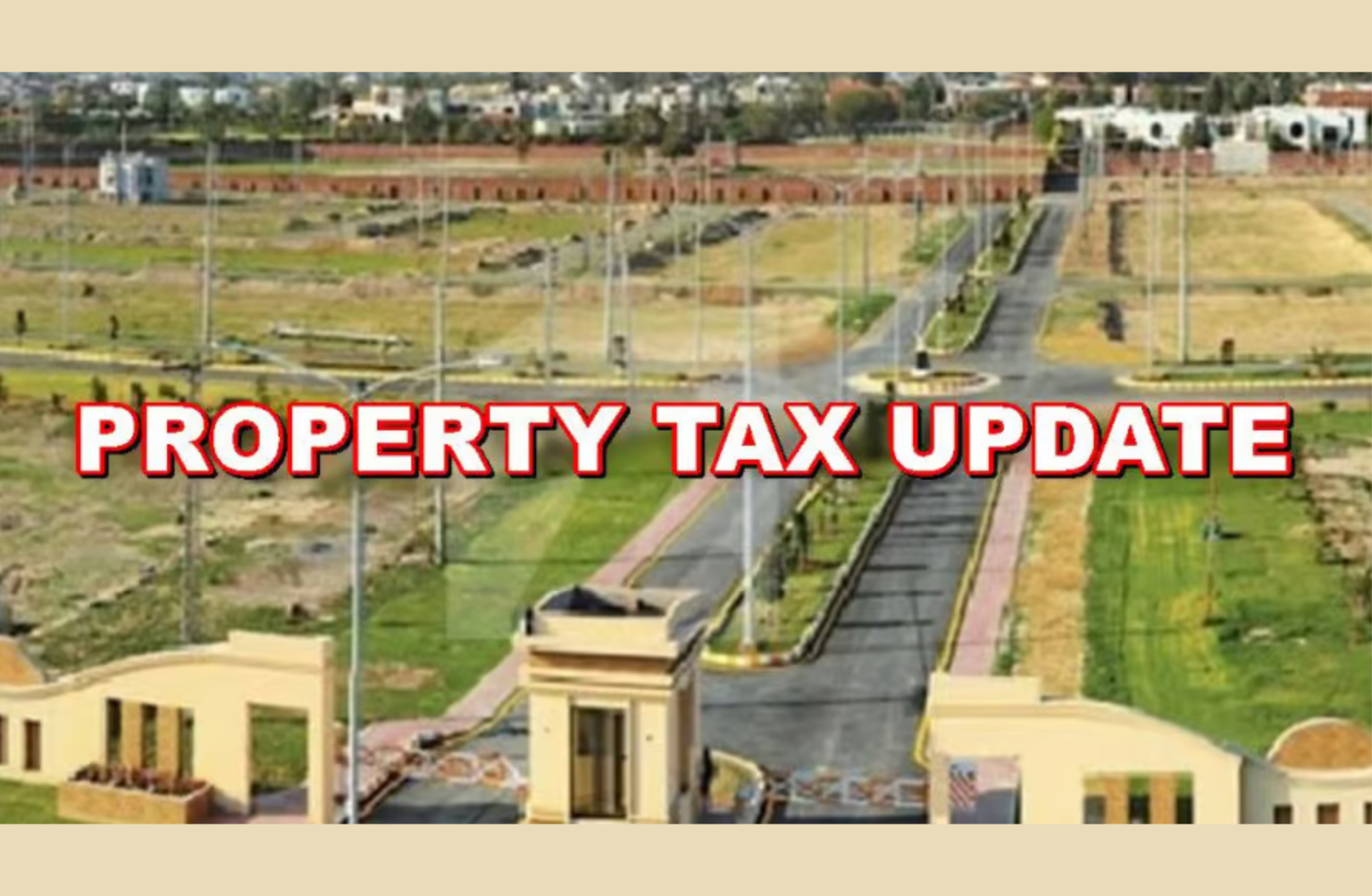A new taxation policy for residential communities located outside of the city’s boundaries has been implemented by the Punjabi government. It means that owners of housing projects in semi urban and rural regions will have to pay more taxes. Control urban growth, raising government revenue, and enhancing infrastructure—such as roads, water, and electricity are the main goals.
Why do housing societies pay taxes by the Punjab government?
There are three key reasons behind this new tax policy:
- Revenue Generation for Development – The government plans to use this tax revenue to enhance infrastructure, including roads, hospitals, and schools.
- Regulated Urban Expansion – Many housing societies develop without proper facilities. The new tax aims to ensure adherence to urban planning standards.
- Preventing Uncontrolled Growth – Rapid urban sprawl is becoming a concern. This tax will help in controlling excessive expansion and ensuring sustainable city planning.
Who Will Be Affected by the Housing Society Tax?
- Real Estate Developers – Builders and developers will bear additional costs, which may affect new projects.
- Homebuyers – People purchasing houses in these societies may experience increased property prices.
- Government Authorities – The administration will collect additional revenue for urban development and infrastructure.
Public Opinion on This Taxation Policy
- Real Estate Developers – Concerns over increased costs, potentially discouraging investment in housing schemes.
- Prospective Homeowners – Worries about higher property prices and financial burdens.
- Urban Planners – Support for the initiative, emphasizing its role in ensuring proper infrastructure and sustainable development.
Expected Outcomes of the Tax on Housing Societies
- Potential Rise in Property Prices – Developers may pass on tax costs to homebuyers, increasing real estate prices.
- Shift in Development Trends – Developers might prioritize projects within urban areas instead of rural expansion.
- Enhanced Urban Planning – The policy could lead to better-planned housing societies with improved infrastructure.
Challenges in Implementing the Housing Society Tax
- Transparent Regulations – Clear guidelines are essential to define which societies will be taxed and at what rates.
- Efficient Utilization of Funds – The tax revenue must be effectively used to improve infrastructure rather than being mismanaged.
- Collaboration with Stakeholders – The government must engage with real estate developers and the public to ensure fair policy execution.
Conclusion – Will This Tax Benefit Punjab’s Urban Planning?
The introduction of taxation on housing societies beyond urban areas is a strategic move to regulate expansion, enhance infrastructure, and generate government revenue. While it presents potential challenges such as increased property prices, it also promises improved city planning and development.To make this policy useful, the government must ensure transparency, proper fund allocation, and collaboration with all stakeholders. The success of this taxation action will determine the future landscape of real estate development in Punjab, making it a crucial step in able urban planning.
